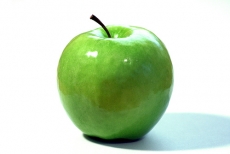VITAMINS CONTINUED
|
Vitamins Continued Vitamin B12 Essential for the functioning of all cells, in partnership with folic acid, helps to regenerate bone marrow and maintain nerve tissue, and play an important role in the metabolism of protein, fat and carbohydrate. It is water-soluble, and is relatively stable in cooking, although up to 50 per cent can be lost if cooking water is discarded. Richest Sources: Cod’s roe, eel, heart (beef), herrings, kidney (beef), liver (beef, lamb), mackerel, oysters, sardines, cod, chicken liver, egg yolk, heart (lamb), trout. There are no vegetable sources of vitamin B12, so vegetarians and vegans may need to supplement. Folate It is involved in cell growth, particularly red blood cells and important for the proper functioning of the thymus gland. When pregnant it is important to prevent birth defects such as spina bifida. It is water-soluble, and can be lost easily in cooking by overcooking, by prolonged cooking and by reheating. Richest Sources: Yeast extract, wheat-germ, egg yolk, liver and kidney (beef, lamb, pork), wheat bran, almonds, beet, broccoli, Brussels sprouts, peanuts, sesame seeds, wholegrain cereals, pulses. Vitamin C It maintains collagen, the connective tissue in the body, promotes healing of wounds, burns, injuries etc. Vitamin C helps to promote the integrity of the capillaries, and is essential for the specific metabolism of amino acids and iron. It increases resistance to infection. It is water-soluble, and a powerful antioxidant. Vitamin C is easily lost in cooking, as heat, light and oxygen affect it; even cutting up vegetables can reduce their C levels. I recommend therefore cooking whole vegetables if possible in minimum water for a minimum time. Richest Sources: Black currants (raw), grapefruit, guavas, lemons, spinach, kiwi fruit, orange, parsley, rocket, sweet and chilli peppers, cauliflower, watercress, blackcurrants (cooked), broccoli, Brussels sprouts, cabbage, dark green leafy vegetables, red currants, blackberries, gooseberries, mustard and cress, papaya, liver, kidney, potatoes, sprouted pulses, whole grains and seeds. Vitamin D Vitamin D is needed for the absorption and use of calcium of which our bones and teeth consist. It might also be involved in maintaining the appetite. It is manufactured in exposed skin in sunlight. It is fat-soluble, and is fairly stable in cooking, although it is destroyed by light and oxygen Richest Sources: Cod liver oil, halibut liver oil, egg yolk, herring, sardine, eel, mackerel and other oily fish, oysters, tinned salmon, dairy products and liver Vitamin E My favourite vitamin; E is important for protecting the body joints from oxidation and may also protect against heat disease. It is fat-soluble. Little is lost in home cooking, except when frying in fat, but it is unstable when frozen. Oils lose E content when exposed to light. Richest Sources: Extra virgin Olive oil, Wheat-germ, alfalfa, cod liver oil, corn oil, rapeseed oil, rice, bran, safflower oil, sesame seeds, sunflower oil, wheat-germ oil, almonds, buckwheat flour, hazelnuts, peanuts, pecans, walnuts, wheat bran, avocados, oats. These are the essential vitamins we need in order to make our bodies function correctly. As seen from the richest sources it is necessary to include these sources in the diet. Next to this is there a whole list of interesting minerals that are necessary for the body to function correctly. These we will shed a look at in the next issue. |






